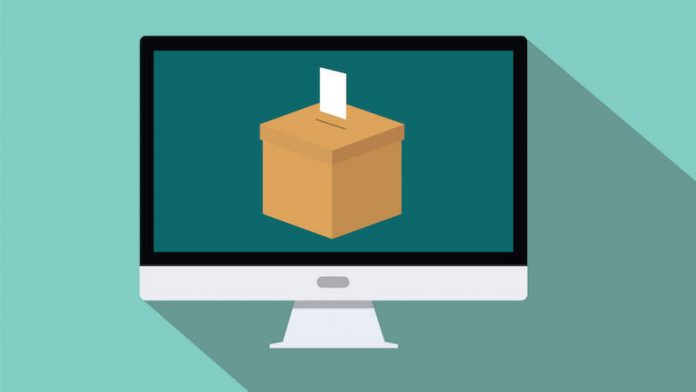On 2nd September 2018, the Japanese Times reported that the city of Tsukuba, located to the north of Tokyo, had successfully tried a voting system based on blockchain technology.
The Tsukuba city, commonly referred as a “centre for scientific research,” carried out the voting experiment in late August. As TheOofy reported earlier, for one to cast their vote they had to own My Number Card- a 12-digit ID number provided to all Japanese- launched in 2015.
The Tsukuba City’s official website highlighted that the election was dedicated to various public initiates. The participants could pick any of the 13 projected programs they would like to back, comprising of the invention of a post-modern cancer diagnostic technology, building facilities for outdoor sports, and conception of sound navigation in the city. Blockchain technology was primarily applied to bar any form of meddling in the voting exercise and to eliminate the distortion of outcomes.
Table of Contents
The Application of Blockchain is Minimal and Easy
As highlighted by TheOof.com, Tsukuba’s mayor Igarashi pointed out that the technology assisted in solving these challenges. “I had thought blockchain would involve more complicated procedures, but I found it’s minimal and easy,” he further narrated to Japan Times.
The Wide Adoption of Blockchain-based Voting Globally
The application of blockchain technology in voting exercises is presently underway in various cities around the globe. For instance, the Swiss city of Zug, also labelled “Crypto Valley”, positively finished its initial blockchain-based voting in July 2018. Besides this, the US soldiers serving abroad were given a smartphone application based on blockchain technology to take part in federal voting in the State of West Virginia next month.
West Virginia became the first U.S. state to test mobile voting on Blockchain
In April, West Virginia became the first U.S. state to test mobile voting, secured by blockchain, for military service members overseas using their state or federal ID over a smartphone app.
City of Zug in Switzerland used the city’s eID system to vote on blockchain platform
In June, residents in the city of Zug in Switzerland used the city’s eID system to vote via their smartphones on blockchain platform. Last month, an official from Ukraine’s Central Election Commission confirmed a trial vote on an NEM blockchain.
Kenya announced its plan to use blockchain for voting
With a marked effort to fight voter fraud and even intimidation in the country, Kenya’s electoral body announced its plan to use blockchain technology for a real-time ballot to ensure voter integrity less than a fortnight ago.
MIT Technology Review has reported about the Blockchain Voting pros and cons with academic viewpoints. After two fellows from the Brookings Institution penned an essay praising West Virginiafor pioneering the use of blockchain technology in an election, Matt Blaze, a cryptography and security researcher at the University of Pennsylvania, pushed back hard. It’s not that blockchains are bad, said Blaze, who testified (PDF) before Congress last year on election cybersecurity. It’s that they introduce new security vulnerabilities, and securing the vote tally against fraud “is more easily, simply, and securely done with other approaches,” he said.
Blaze and many other election cybersecurity experts oppose online voting of any kind because, they feel, it’s fundamentally insecure. Although a number of countries have embraced the practice, in 2015 a team of cryptographers, computer scientists, and political scientists looked closely(PDF) at the prospect of internet voting in the US and concluded that it was not yet technically feasible. Protecting connected devices against hacking is hard enough, and, even if that could be achieved, developing an online system that preserves all the attributes we expect from democratic elections would be incredibly difficult to pull off.




